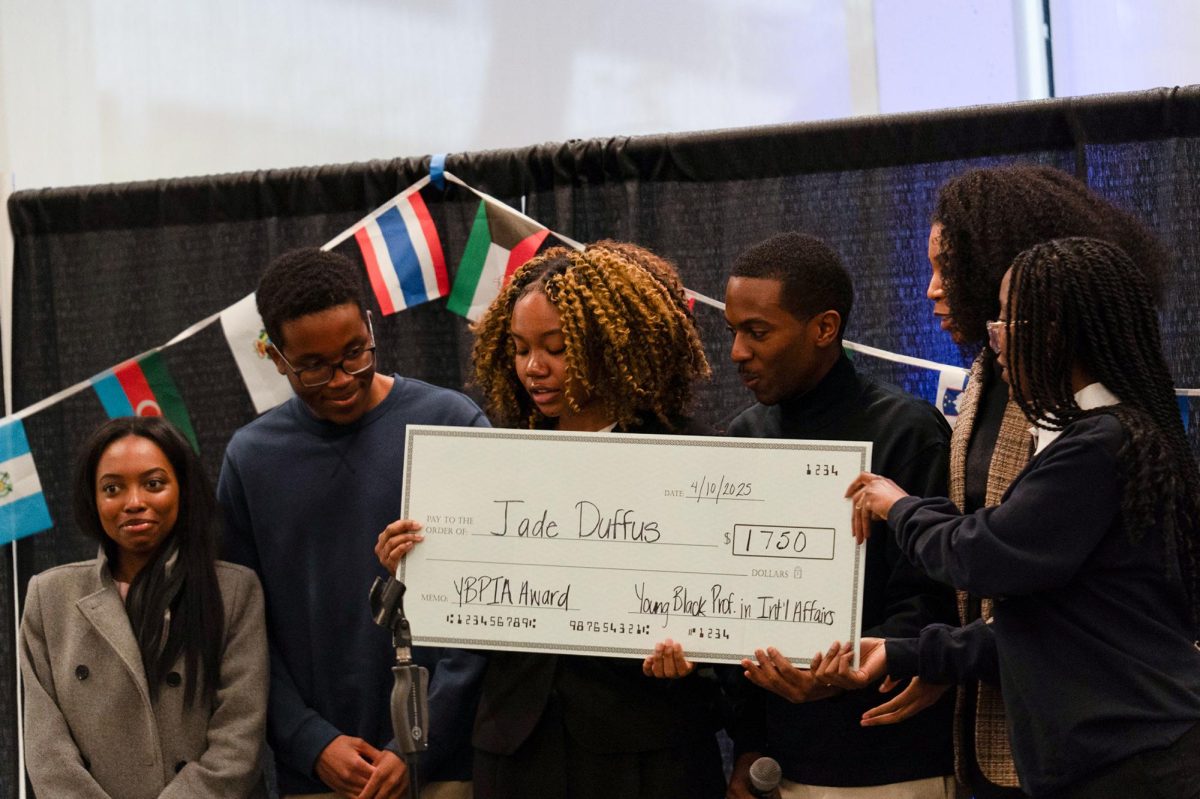A majority of GW students are uninformed about how to report or seek help following cases of sexual assault, according to a survey released last month.
The survey, conducted by GW medical student Megan Evans and Shannon Lynberg, national director of the Younger Women’s Task Force, found that 89 percent of 1,031 survey respondents thought rape kits were offered in the GW Hospital. Another 69 percent thought rape kits were available at Student Health Service.
Rape kits are not available at either location.
In D.C., rape kits are only available at the Washington Hospital Center, also where the city’s only Sexual Assault Nurse Examiners, or SANEs, are employed.
“If a victim goes to GW Hospital, they will either be put in a cab and sent to Washington Hospital Center, or call the police to escort a rape kit over to GW, which can take hours,” Evans said. “And, I would assume that most [hospital] residents do not know how to properly use a rape kit.”
Aside from being uninformed about how to seek assistance for sexual assault, 74 percent of survey respondents said they do not feel the University educates students about the resources available to victims of sexual assault.
“Even if a school were number one in dealing with sexual assault, are they educating the students about what’s available to them? Do they know where to go? Do they know the procedures involved?” Lynberg said.
The study also found that 61 percent of respondents think sexual assault is an issue on campus, while only 15 percent claimed to know someone who was a victim of sexual assault. This discrepancy led the authors to conclude that sexual assault is an “underreported and silent problem” at GW.
University spokeswoman Michelle Sherrard said it is difficult to know how underreported sexual assault is at GW, but said all students are encouraged to report all inappropriate or threatening behavior.
Sherrard said GW does not tolerate violence of any kind, adding that University officials believe there are many programs in place that address concerns raised by the report.
Resources available to students include the University’s Sexual Assault Crisis Consultation Team, which consists of members of the GW Police Department and other education programs. SACC offers 24-hour help to victims of sexual assault and guidance for students on where to find help, as well as a self-defense class conducted by UPD, broken into four six-hour sessions a semester.
Sherrard did say information could be communicated more clearly to students.
“The information could be more easily accessible to students and we are working on consolidating educational, medical and other support services information in a central online repository,” Sherrard said.
Overall, Evans said access to services is crucial in supporting and providing care for victims, but not the only answer to decreasing the amount of sexual assault cases that occur.
“We should focus on teaching people not to sexually assault others in the first place,” Evans said. “And I think this type of behavior starts at a very young age, when girls and boys are learning to interact, learning to respect each other.”






